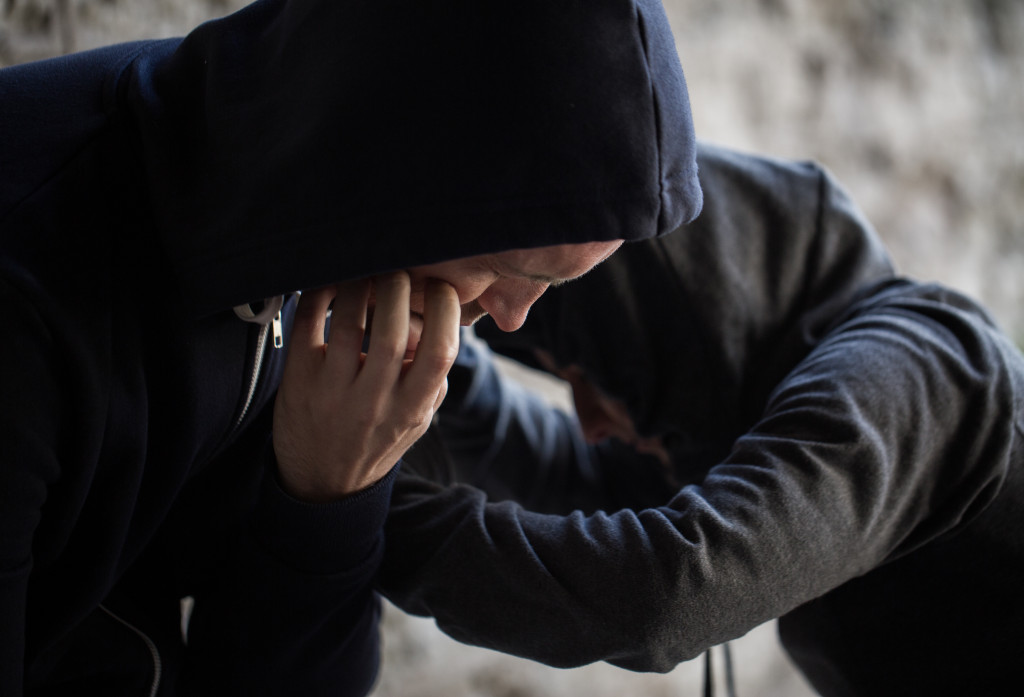Disclaimer: This website provides health information for educational purposes only and is not a substitute for professional medical advice, diagnosis, or treatment. Always seek the guidance of a qualified healthcare provider with any questions you may have.
- Drug addiction is a serious issue that affects millions of people in the United States and can have devastating effects on their lives.
- Identifying drug use triggers, such as stress, loneliness, and peer pressure, can be essential to recovering from addiction.
- Seeking professional help, such as inpatient rehabilitation programs or outpatient treatment centers, is the best way to start the recovery process.
- Establishing healthy lifestyle habits like eating well-balanced meals, exercising regularly, and getting enough sleep are all critical elements of maintaining sobriety during recovery.
- If you or someone you know is struggling with addiction, there are resources available to provide support and guidance throughout the recovery process.
Drug abuse can have a profoundly negative impact on an individual’s life, leading to health complications, financial struggles, and even death. Drug addiction is a serious issue affecting millions of people in the United States alone, with devastating effects on the individual, their family, and their community. Statistics from the Substance Abuse and Mental Health Services Administration (SAMHSA) show that 59.3 million people age 12 or older had used an illicit drug in the past year.
When individuals become addicted to drugs, it can ruin their lives in multiple ways, like:
- Struggle to maintain relationships with family and friends
- Lose interest in activities they once enjoyed
- Face financial hardship due to spending money on drugs
- Experience severe physical health issues such as organ damage
- suffer from mental health issues due to changes in brain chemistry
- Encounter legal problems associated with purchasing and using drugs illegally
- Death due to overdose or other complications.
Drug abuse can ruin your life, but you can find ways to break free from addiction with the help of family, friends, and professionals. Here are a few steps you must take.
Identifying the Triggers
Identifying the triggers of drug abuse can be an essential step to recovering from addiction. Triggers are situations, events, people, or emotions that can cause a person to have urges to use drugs. By recognizing these triggers and understanding why they exist, it is possible to build skills and strategies for managing them. This can help in staying on track with recovery goals and avoiding relapse. Here are a few common triggers to watch out for:
Stress
Stress can be a problematic trigger for drug use. Learning how to manage stress effectively is essential in the recovery process.
Loneliness
Many people turn to drugs to manage loneliness or other emotional issues. Building solid relationships with family and friends can be crucial to overcoming addiction.
Isolation
When recovering from drug abuse, avoiding being alone and isolating yourself from others is essential. Connecting with supportive individuals can help you stay on track with your recovery goals.
Peer Pressure
Peer pressure is a significant factor in drug abuse, especially among young people. Developing positive coping skills and being aware of the effects of peer pressure can be essential to avoiding relapse.
Taking the Initiative in Recovery

It’s essential to take action and seek out help from qualified professionals. Some people may feel embarrassed or ashamed about their addiction, but it’s necessary to remember that everyone can benefit from treatment and support. Seeking professional help is the best way to start the recovery process.
Some of the resources available include:
Inpatient Rehabilitation Programs
These are typically live-in residential facilities where medical personnel monitors treatment progress daily. They provide intensive therapies, psychosocial interventions, and other forms of support for individuals with substance abuse issues.
Outpatient Treatment Centers
This program offers counseling services in an outpatient setting, assisting with drug use disorder while allowing patients to maintain daily responsibilities.
Support Groups
Support groups can provide a safe and supportive environment to discuss addiction and recovery. They also offer guidance and advice from other people in recovery, which can be beneficial for individuals trying to stay on track with their goals.
Rehab facilities vary according to location or package, but they all provide the necessary materials and programs to help you recover. You can find a nearby recovery center to start your journey toward a healthier and substance-free life.
Establishing a Healthier Life

Drug abuse can affect your physical, mental, and social health. It’s essential to focus on building healthier habits to stay on track with recovery goals. Establishing healthy lifestyle and behavior patterns is vital to maintaining sobriety and avoiding relapse. Here are some tips for establishing healthier habits:
Eat Healthy Foods
Eating well-balanced meals helps maintain physical health and provides the energy needed for daily activities. Focusing on consuming nutritious meals keeps the body functioning correctly and wards off cravings.
Exercise Regularly
Regular exercise releases endorphins that can boost mood, reduce stress, and promote relaxation. Exercise has physical and psychological benefits that can assist in staying on track with recovery goals.
Get Enough Sleep
Getting enough sleep is essential for overall health, mood stability, and energy levels. A lack of rest can disrupt emotional balance and increase the likelihood of relapse.
Engage in Relaxation Techniques
Relaxation techniques such as yoga, meditation, deep breathing exercises, or mindfulness can help relieve stress and tension. These activities provide a distraction from cravings and help maintain sobriety in recovery.
Final Thoughts
Drug abuse can be destructive to a person’s life, but overcoming addiction and leading a healthier lifestyle is possible. By understanding the triggers of drug use, taking active initiative in recovery, and establishing healthy habits, you can start your journey toward sobriety. If you or someone you know is struggling with addiction, seek help from a qualified professional or support group today. You don’t have to go on this journey alone – there are people who want to help!




